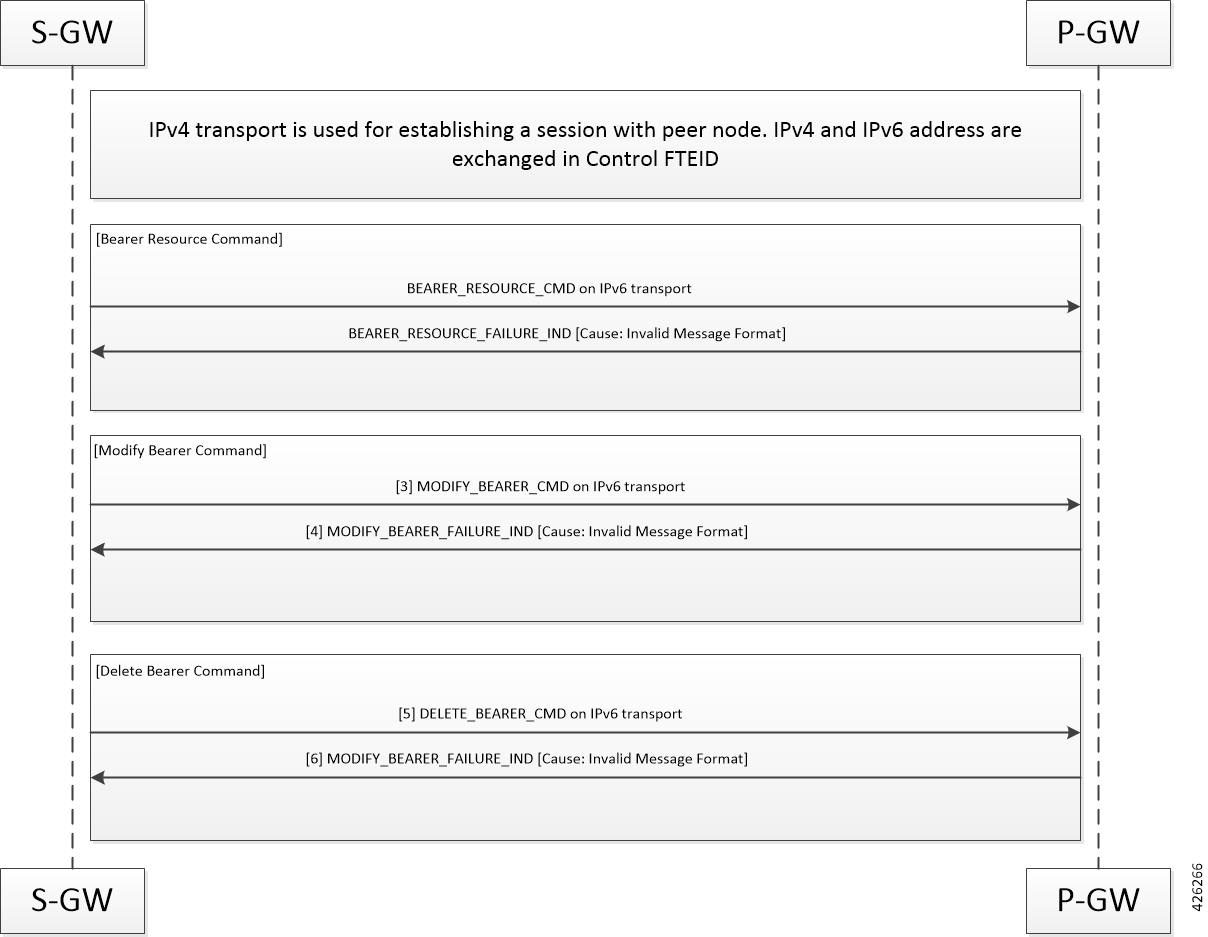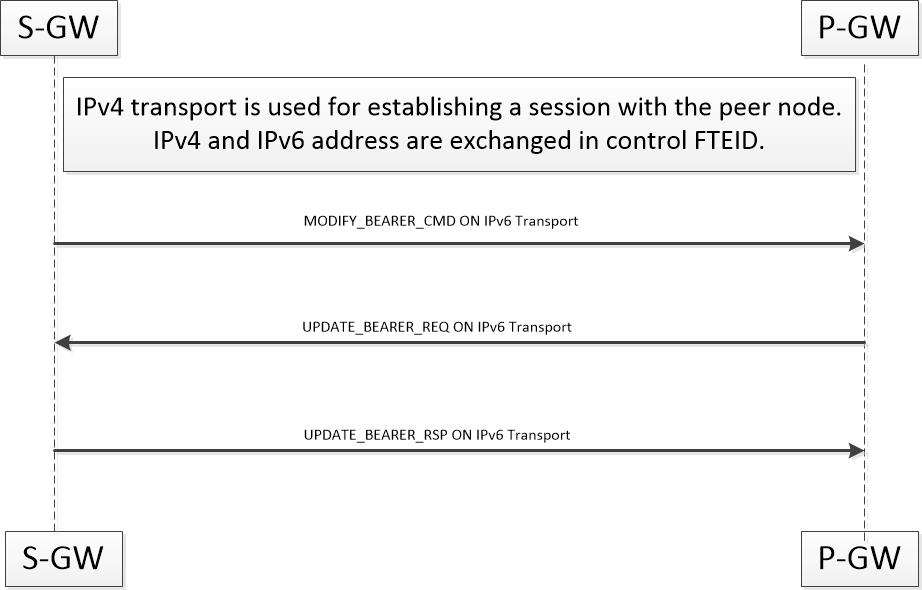Feature Summary and Revision History
Summary Data
|
Applicable Product(s) or Functional Area |
|
|
Applicable Platform(s) |
|
|
Feature Default |
Disabled - Configuration Required |
|
Related Changes in This Release |
Not applicable |
|
Related Documentation |
|
Revision History
 Important |
Revision history details are not provided for features introduced before release 21.2 and N5.1. |
|
Revision Details |
Release |
|---|---|
|
This feature enables P-GW, S-GW, and SAEGW nodes to support the control messages received on all the transport addresses exchanged during the session setup. |
21.8 |
|
First introduced. |
Pre 21.2 |


 Feedback
Feedback